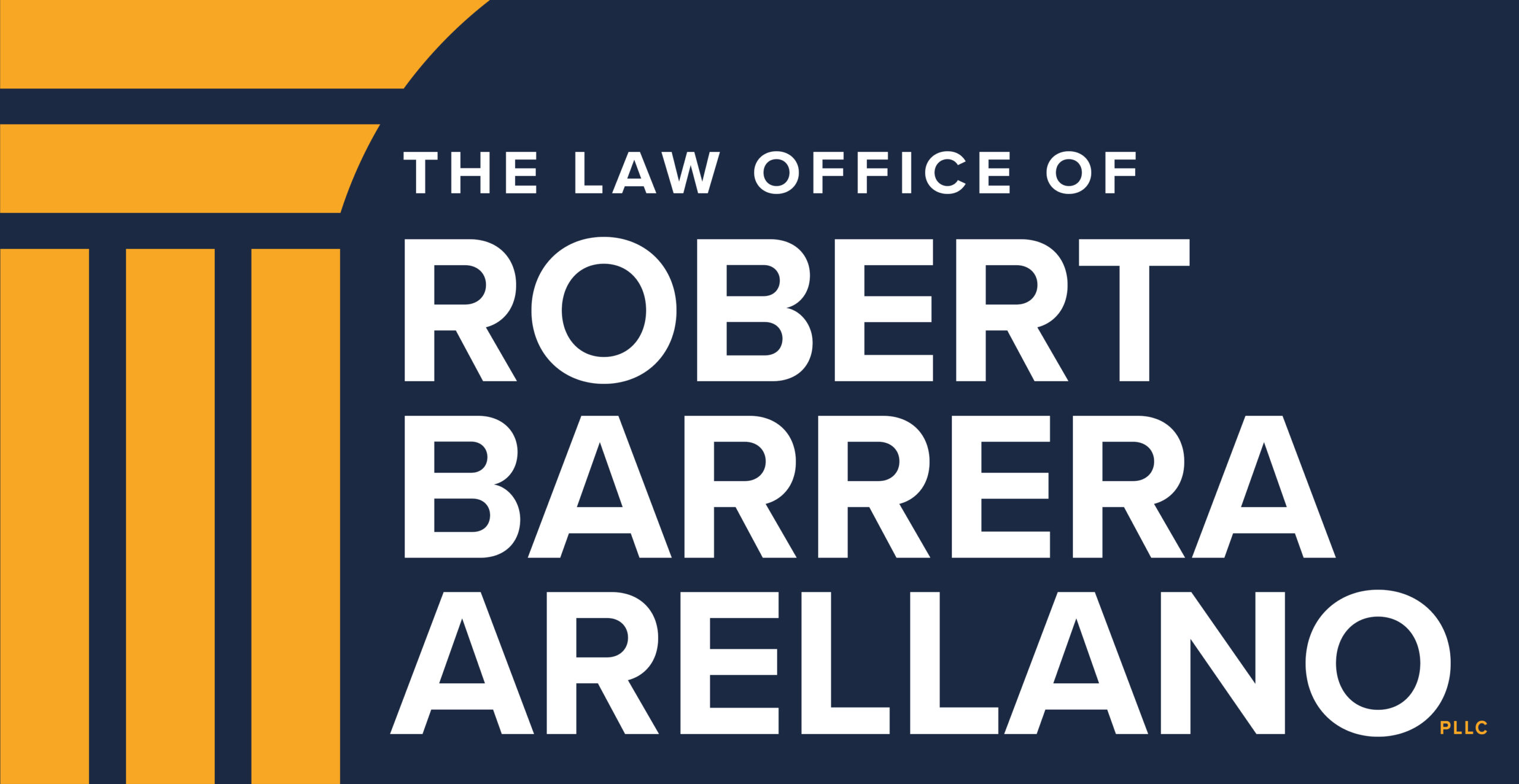
DWI Blog
When you’re pulled over for suspected DWI (Driving While Intoxicated) or DUI (Driving Under the Influence), it can be an incredibly stressful situation. The stakes are high, and the decisions you make in the heat of the moment could have long-lasting consequences. A common question that many people face during this type of encounter is whether they should take a blood test, a breath test, or refuse both.
In this blog, we’ll break down the pros and cons of each test, explain the legal implications, and help you understand your rights when faced with a potential DUI/DWI charge. If you’re in San Antonio, Texas, and need legal advice about your rights or your options, The Law Office of Robert Barrera Arellano is here to guide you through this challenging time.
Before diving into the specifics of blood and breath tests, it’s essential to understand the basics of DWI and DUI in Texas. A DWI charge generally applies when someone is caught driving under the influence of alcohol or drugs, regardless of age. DUI typically applies to underage drivers with any detectable alcohol in their system. Both charges are serious and carry significant consequences, including fines, license suspension, and even jail time.
In Texas, law enforcement officers may request either a blood test or a breath test if they suspect you’re driving under the influence. But what exactly is the difference
Deciding whether to submit to a blood or breath test depends on several factors, including your situation, the test’s reliability, and the potential legal consequences.
More difficult to challenge in court
A blood test result is harder for defense attorneys to contest.
Invasive
Drawing blood is more invasive than taking a breath test.
Takes longer
Blood tests may take longer for the results to come back.
Non-invasive
A breath test doesn’t require a needle or blood draw.
Immediate results
You get the results right on the spot.
Potentially less accurate
Factors like the type of breathalyzer and how well it is calibrated can lead to inaccurate readings.
In Texas, you have the right to refuse both a blood and breath test. However, refusing a test comes with consequences. Under Texas’ “Implied Consent Law,” by driving on Texas roads, you’ve already agreed to submit to a test if requested by law enforcement.
Your BAC level can have a significant impact on the outcome of your case. In Texas, the legal limit for BAC is 0.08% for most drivers. However, if you’re under 21, any alcohol in your system can result in a DUI charge. Also, the presence of drugs in your system, even in small amounts, can result in a DWI charge.
If you’re pulled over and asked to take a test, it’s wise to consider consulting with an attorney before making a decision. While you may not have the time to make a phone call before taking the test, knowing your rights ahead of time can help you make a more informed decision.
Being pulled over for a suspected DWI or DUI can be a frightening experience, but knowing your rights and the consequences of taking or refusing a test can make all the difference. Whether you opt for a blood test or a breath test, or decide to refuse both, it’s important to understand the potential legal outcomes of your actions. If you’re in San Antonio and facing DWI/DUI charges, don’t navigate this difficult time alone. Contact The Law Office of Robert Barrera Arellano to get the experienced legal representation you need.
If you’re facing DWI or DUI charges, Attorney Robert Barrera Arellano is here to protect your rights. With extensive experience handling DWI/DUI cases in San Antonio, Robert Barrera Arellano will guide you through the complexities of the legal process, whether you took a breath or blood test, or refused both.

It’s important to know that taking a breath test is not mandatory, but refusing it can lead to automatic penalties like license suspension.
Yes, a breathalyzer test result can be challenged, especially if the device was not properly calibrated or if there were other influencing factors.
Refusing both tests can result in an automatic license suspension and can be used against you in court.
Blood test results can take a few days to come back, as they need to be sent to a lab for analysis.
Yes, you can still be charged with DWI if an officer believes you’re impaired by drugs or alcohol, even if your BAC is under 0.08%.